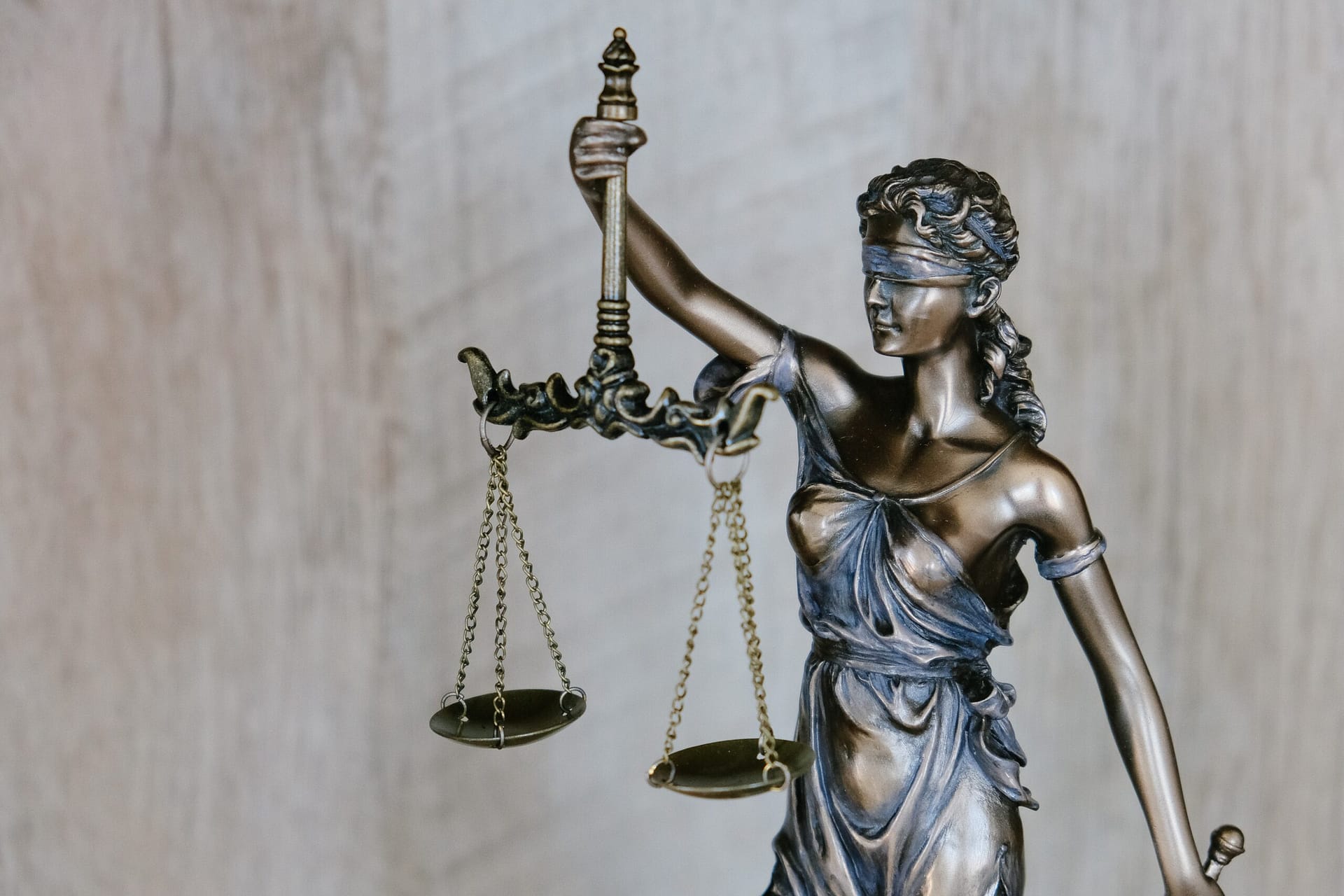Rule of law and human flourishing
Why is the rule of law needed to promote human flourishing?
Before I go any further, this post is not political; it is philosophical, ethical and fundamental to my counselling practice. I do not care if you vote Tory, Labour, LibDem, Democrat, Republican or the Monster Raving Loony Party (which could refer to any of the former parties anyway!). I care about the current transformation of the political and societal landscape wherein objective truth is being trashed on all sides.
I saw a letter this morning from the Archbishops of the Anglican Church criticising the UK Internal Market Bill and its setting of a ‘dangerous precedence’ concerning the rule of law. The idea that any government of any political colour in any country is willing to amend the law so that the rule of law can be ignored is deeply concerning to me and should be to others.
Checks and balances
To understand my concern, it is essential to recognise that in democratic countries, a balance of power exists between the legislature, judiciary and executive based upon the acceptance that the law is sovereign. By contrast, in totalitarian regimes, the will of an arbitrary individual (great leader, party leader, dictator, president(!)) is supreme, and that leader exercises supreme power over everyone else. However, it is not the political system under discussion but a deeper issue of the relationship between the pollical system, the truth and the common good.
The rule of law exists to ensure that there are checks and balances on personal will and self-interest. In a totalitarian regime, it is the will of the leader that defines what the truth is. The first casualty of any budding totalitarian regime is objective truth; no overarching truth provides the security that promotes just relationships between people, as the law does. The only criterion that counts is power; for a totalitarian regime, ‘might is right’, where the individual imposes their views on their population and other countries, irrespective of anyone else. The adage that should be used for right is transformed into might makes right; the will of the stronger party supersedes the dignity of individuals.
In many countries, politicians actively challenge the idea of objective truth; what is said one day is contradicted or even denied, despite the comment being recorded another day, for political expediency. In a valueless political system, where moral reason is undermined, where moral reference points are removed from political and social life, the will to reign, the will to power, fills the vacuum. As Pope John Paul II (Centesimus Annus, 1991) wrote: “A democracy without values easily turns into open or thinly disguised totalitarianism.”
Human dignity
The movement away from the rule of law means that we move away from respecting the dignity of each human person by limiting their rights. A political system that respects the rule of law is not just one with checks and balances on personal interest. Still, more fundamentally, it recognises that justice, equality and human dignity are paramount and exist as non-negotiable moral and ethical truths outside of (transcending) the will of any individual.
Without the rule of law, we cannot flourish as human persons, and we exist to support the will of those who have power over us – effectively, we become little more than economic slaves to support a ruling elite struggling with debt and a host of mental health issues such as depression, and anxiety.






